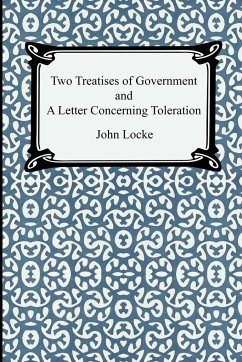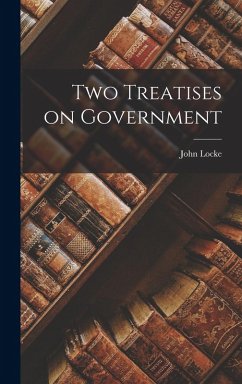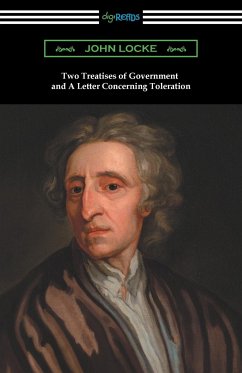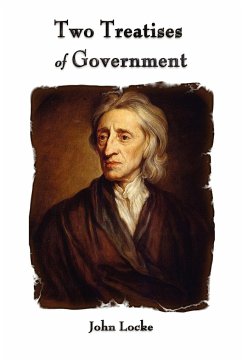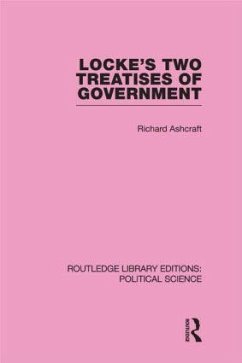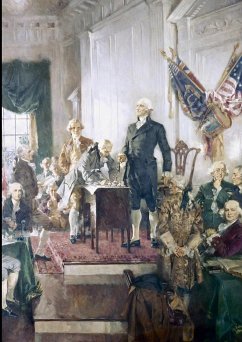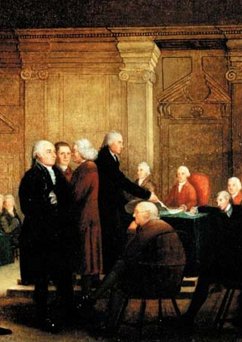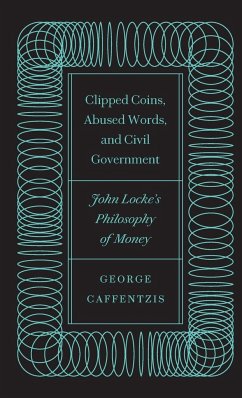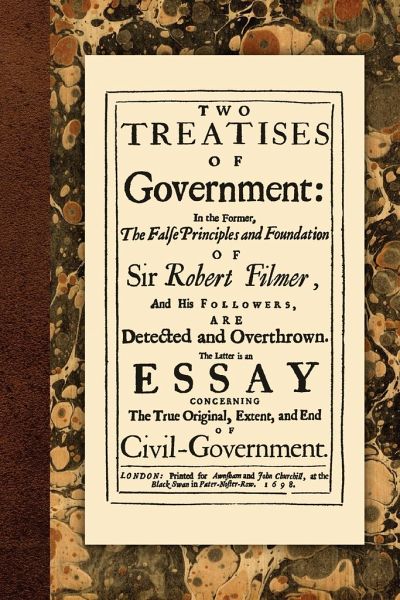
Two Treatises of Government
Versandkostenfrei!
Versandfertig in 1-2 Wochen
20,99 €
inkl. MwSt.

PAYBACK Punkte
10 °P sammeln!
Published after the Glorious Revolution of 1688 brought William of Orange and Mary to the throne, but written in the throes of the Whig revolutionary plots against Charles II in the early 1680s, John Locke offers a theory of natural law and natural rights which distinguish between legitimate and illegitimate civil governments, and argues for the legitimacy of revolt against tyrannical governments. These radical ideas remain influential today. In these two treatises the political philosopher John Locke espouses radical theories which influenced the ideologies of the American and French revoluti...
Published after the Glorious Revolution of 1688 brought William of Orange and Mary to the throne, but written in the throes of the Whig revolutionary plots against Charles II in the early 1680s, John Locke offers a theory of natural law and natural rights which distinguish between legitimate and illegitimate civil governments, and argues for the legitimacy of revolt against tyrannical governments. These radical ideas remain influential today. In these two treatises the political philosopher John Locke espouses radical theories which influenced the ideologies of the American and French revolutions, and became the basis for the social and political philosophies of Rousseau, Voltaire and the United States founding fathers. In the first treatise Locke aims to refute the doctrine of the patriarchal and absolute right of the Divine Right of Kings doctrine put forth by Sir Robert Filmer's Patriarcha. He examines key Biblical passages to prove that scripture does not support Filmer's premise. The second treatise offers Locke's positive theory of government in which he establishes a theory which reconciles the liberty of the citizen with political order. His basic premise is founded on the independence of the individual. He declares that men are born free and equal in their rights and that wealth is the product of labor. In his revolutionary theory of the social contract he proposes that a legitimate civil government must preserve the rights to life, liberty, health and property of its citizens, and prosecute and punish those in violation of those rights. Reprint of the 1698 third edition.



